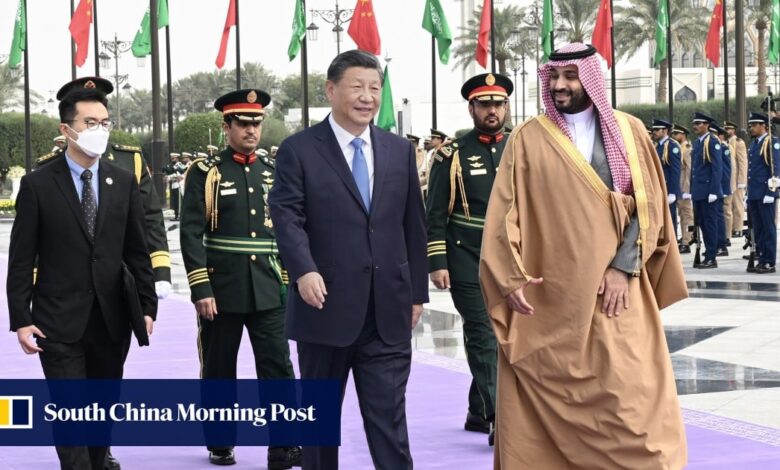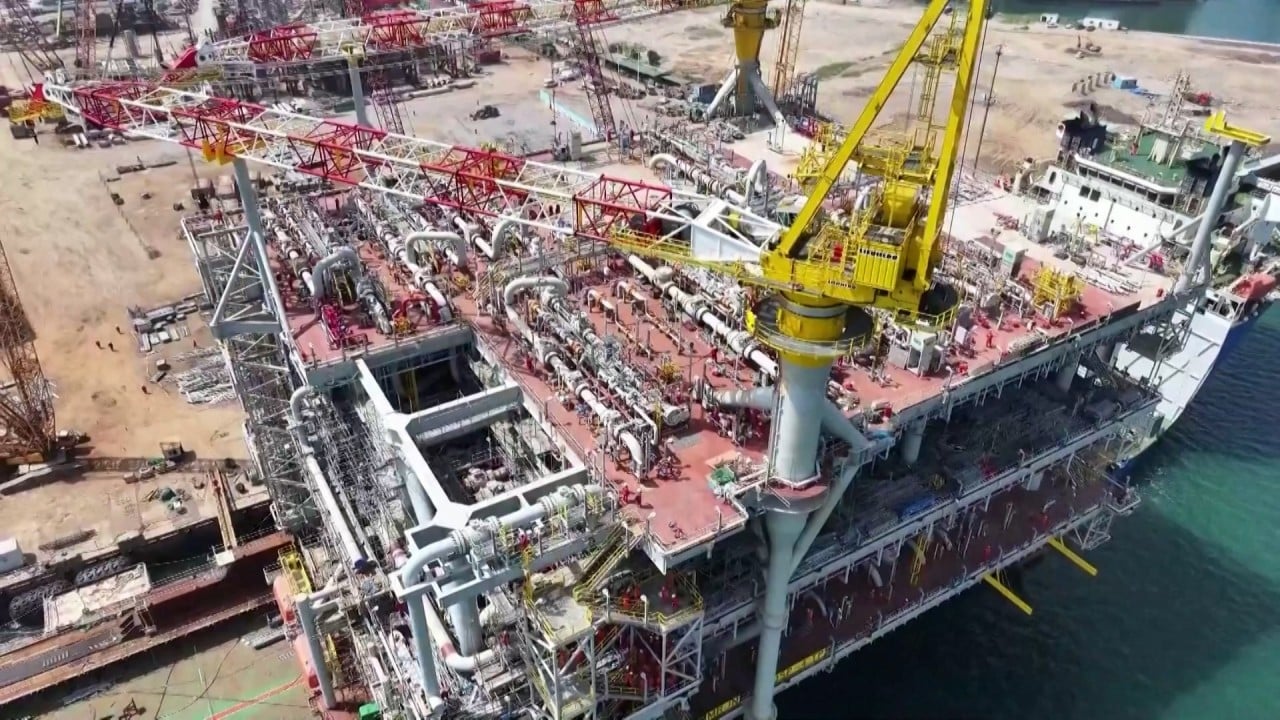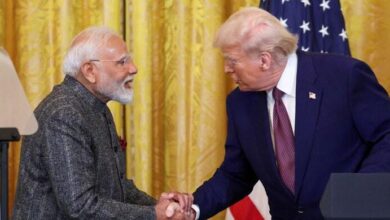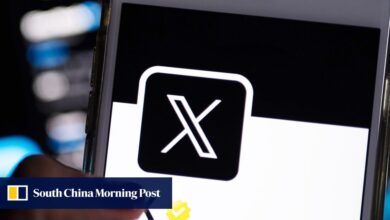As China-Saudi ties develop, so will cross-border yuan use, ratings agency says

A deepening of economic relations between China and Saudi Arabia will advance the use of the yuan for oil purchases, S&P Global Ratings said in a report on Tuesday – though it will take time for those trades to become profitable.
Non-oil linkages between the two countries, galvanised by President Xi Jinping’s visit to the Persian Gulf state in December 2022, were predicted to “provide more outlets” for the Chinese currency’s use in payment on bilateral projects “across a widening range of sectors.”
Riyadh’s Saudi Vision 2030 initiative for economic transformation will make China-Saudi relations “very different from what we’ve seen in the past” and elevate Saudi use of the yuan, said Charles Chang, S&P’s Greater China country lead.
“This involves many sectors, larger sums of financial flows both ways and many more companies,” Chang said in an interview.
“Economic and strategic alignment in terms of development plans” could further elevate the yuan in Saudi Arabia despite wider geopolitical tensions, he added.
The yuan’s share of world trade tripled over the past two decades, S&P said, from 4 per cent to 13 per cent.
But use of the Chinese currency – including to settle oil transactions as a petroyuan in lieu of the petrodollar – could be risky at the moment, the ratings agency said.
The yuan’s limited use in international trade and finance means an accumulation of the currency outside China would rack up “substantial costs” and “raise currency risks”.
Most major oil exporters, including Saudi Arabia, Oman and Kuwait, have “substantial” positive trade balances with China. A shift to yuan-only trade, S&P said, would leave them with more income than expenditures.
“While some of this could be held or invested, the excess ‘petroyuan’ will need to be exchanged into other currencies, thereby incurring additional costs and exchange rate risks,” the report said.
Some Middle Eastern countries are already making the pivot.
Chang of S&P said most Middle Eastern countries – especially the Gulf states – may follow in Saudi Arabia’s footsteps and adopt the yuan in greater proportion, but over a time frame of decades. Oil-producing nations’ renminbi usage, he added, will largely depend on whether they can effectively spend the currency like Riyadh.
China may need to make the next move, S&P’s report suggested.
“Beijing has yet to lay out a road map for resolving … issues and for liberalising the country’s currency and capital account,” authors said. “This leaves a high degree of uncertainty on the ability to manage future petroyuan-related risks.”
Source link




